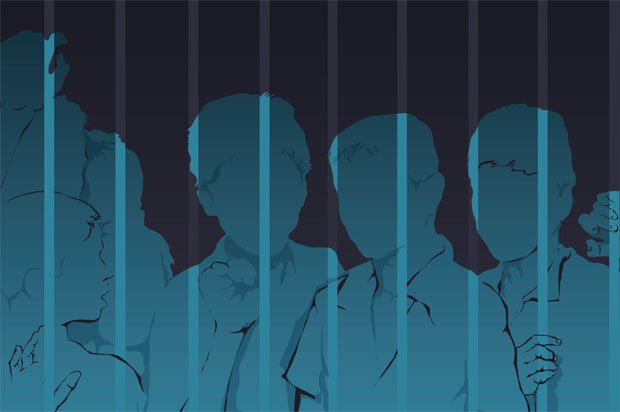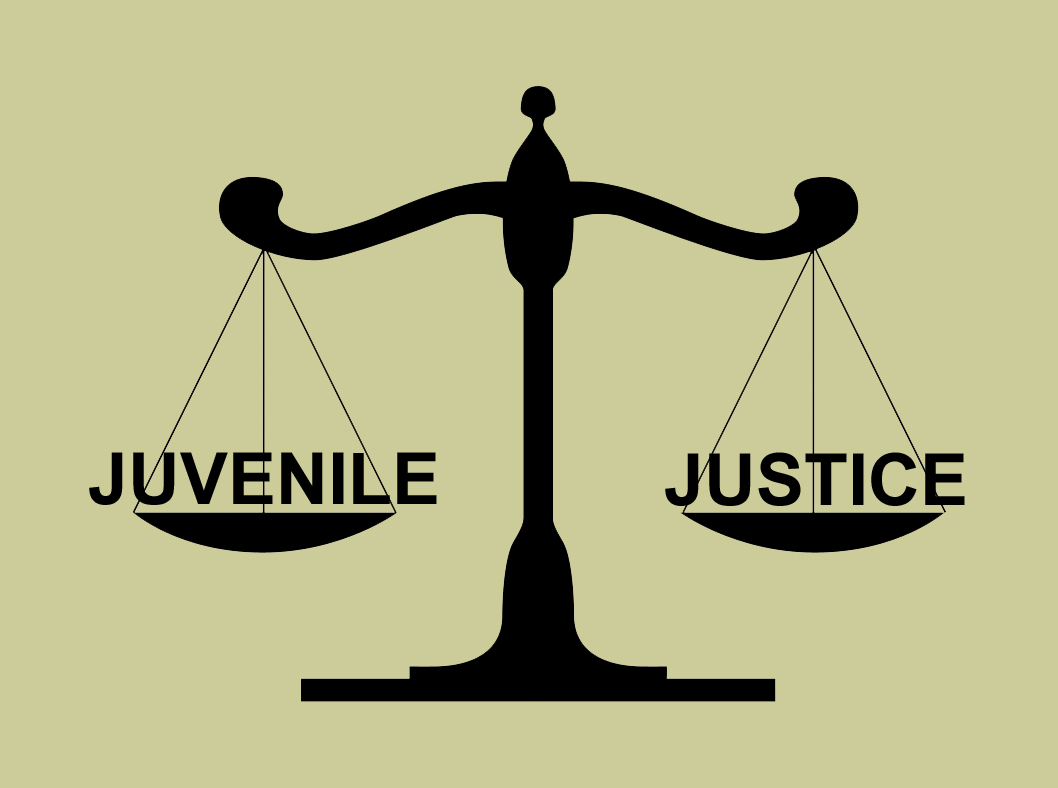The BJP-led NDA government, with the support of the major opposition parties, has succeeded in passing the Juvenile Justice Bill 2014 in the lower house of Indian Parliament. The Bill contains a host of appalling provisions which have attracted strong opposition from child rights activists and jurists alike. The bill stipulates that children above the age of 16 years will be treated as adults if they commit heinous offences like rape, murder, kidnapping, and robbery. In addition, the Juvenile Justice Board will have discretionary powers to decide whether or not the juvenile be tried in adult courts.
The rationale for this Bill was the public anger and outrage over the sentence handed over to the juvenile in the unfortunate Nirbhaya incident. Public angst should not be the basis of legislation. Will the government enact a new law again if a 15-year-old commits rape? The law must not be changed on the basis of one incident. It must possess a strong scientific evidentiary backing and 18 years of age is the scientifically justified age.
The concept of punishment as retribution has become passe. Barbaric ‘an eye for an eye’ theory should not have any place in 21st century’s welfare jurisprudence. Modern criminal jurists are of the view that punishment should transform convicted prisoners into good citizens and the primary rationale behind punishment should be the rehabilitation and integration of prisoners into mainstream society. Various studies across the globe prove that harsher punishment will not deter juveniles from repeating the offence.
No juvenile is born a criminal; the reasons for criminal tendencies in a child are based on factors like social, religious and economic conditions of the family. Crimes are caused partially by social and environmental factors and partly due to medical factors.
No juvenile is born a criminal; the reasons for criminal tendencies in a child are based on factors like social, religious and economic conditions of the family. Crimes are caused partially by social and environmental factors and partly due to medical factors. It is noteworthy that 87% of the juveniles are illiterate and semi literate and 77.55% of juveniles in conflict with law come from families which earn a monthly income of less than Rs 4,200 in India (National Crime Record Bureau, 2013). Latest research in neuroscience and psychology says that children reform better than adults and the state should actively support and encourage such initiatives.
By incarcerating juveniles in conflict with law in adult prisons, any chance for moral and intellectual development of the juvenile will be denied. Their life with hardened criminals and drug peddlers will make them witness more violence and chaos, making a normal life difficult after release. Justice Verma Committee observed that if a young child is sent to jail at the age of 16 years for a long sentence and comes out of jail by the time he is 30 years, considering the dismal state of rehabilitation programmes in Indian jails, he is most likely to come out as a hardened criminal and not as a reformed person (Justice Verma, Justice Seth & Subramaniam, 2013).
In early 1990s, US lawmakers decided to curb juvenile crimes by imposing harsher punishment. But these measures failed to bring about the expected results. The study conducted by MacArthur Foundation Research Network found that juveniles are far more likely to be re-arrested for violent crimes when they are tried in adult courts (85%, in New York) than special juvenile courts (44%, in New Jersey). Research also showed that juveniles who are routed through the rehabilitative system are less likely to commit crimes again.
Indian lower courts are known for delay in proceedings. It often takes decades to conclude a case in a sessions court. If the juveniles are tried in the same adult courts, they lose the chance for a speedy trial under Juvenile Justice Board.
Indian lower courts are known for delay in proceedings. It often takes decades to conclude a case in a sessions court. If the juveniles are tried in the same adult courts, they lose the chance for a speedy trial under Juvenile Justice Board. Unlike the trial in Juvenile Justice Board, the identity of the juvenile will be revealed and this will lead to stigmatization of the individual. The Bill also creates a situation of a trial before a trial by giving the Juvenile Justice Board discretionary power to decide whether the juvenile should be tried as an adult or not. And the time limit stipulated for this – one month – is too short to come to a conclusion.
Another dreadful provision in this Bill is section 7, which says that a person who is apprehended after 21 years of age for committing any offence when he was between the ages of sixteen to eighteen years shall be tried as an adult. In other words, he will not come under the purview of the Juvenile Justice Board. The spirit of equality principle will be lost since the basis of the punishment will be when the offender has been arrested and not when he committed the offence. This provision is liable to be struck down by the Supreme Court for being ultra vires to the Constitution.
It is worthy of notice that our National Plan of Action for Children, 2005 has a goal to recognize, promote and protect the rights of children in conflict with law through preventive, protective, reformative and rehabilitative policies, laws, plans, strategies, programmes and interventions. Let us stick to it.







The Juvenile Justice act is made with the intention to protect the juveniles who are not capable or mentally mature enough to understand the nature of an act.
Wouldn’t the Juveniles ; who are above the age of fifteen; know that acts such as rape,murder and robbery by causing hurt are heinous?
Then wouldn’t they be exploiting the law;which is intended to protect the troubled children; to get away with their felonies?
Just because the clock hit 12 and he turned 18,we seriously can’t expect a rapist or a murderer to change the way his mind worked when he commited the offense.
The crime commited and motive wouldn’t change whether he was under or above the age of eighteen.
The decision to send a Juvenile to Court as an adult or not ,is at the discretion of Juvenile Justice Board.Which makes way for arbitrariness and also pressure from media and society.So I’m of the opinion that a strict and objective guidelines are to be framed for this purpose which should include psych evaluations and Social Investigation Rreports prepared by professionals.